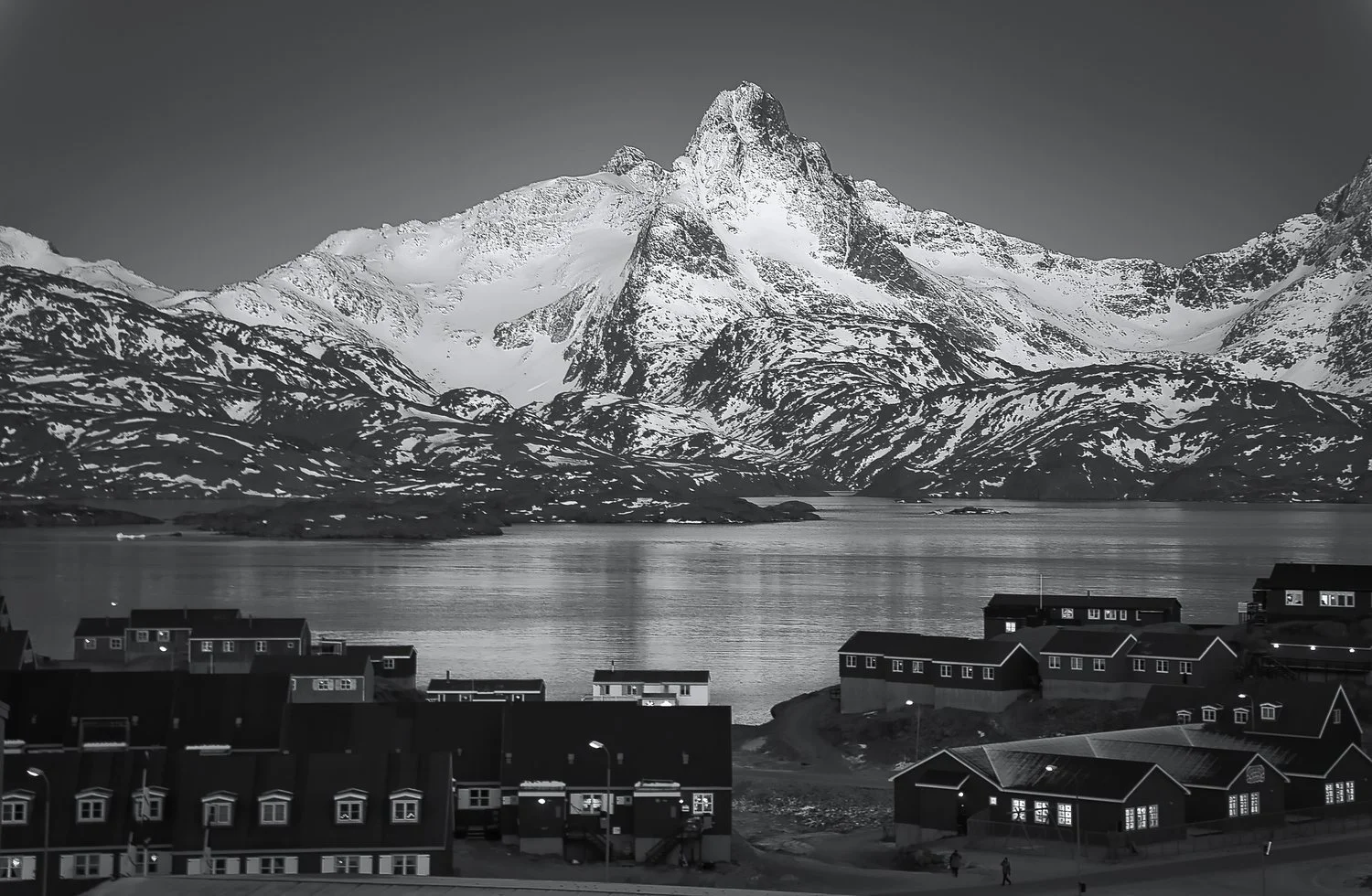How do We Cope With Loss?
When my Aunt Zosia died in London she was 92 years old. In one sense I hardly knew her, having only visited her once as an adult, and barely remembered her from my childhood. In another way, though I knew her inside out, knew her suffering, her kindness, and how much she lost in her life. I have written about these things, spoken about them, put her image on Powerpoint slides. I even made her the main subject of one of my mindfulness talks at the UWS campus in my hometown of Hamilton. A decade ago I went down to London and filmed her for hours, asking her absolutely everything I could about her extraordinary life, especially her years spent in the Soviet labour camp system and subsequent five thousand mile odyssey to freedom, in Persia.
JONAA©Karl Magnus
Really understand death
She told me how she cradled a little girl in a mud hut in Uzbekistan that was being used as a makeshift hospital, and how the little girl, her panic subsided by Zosia’s soothing, died in her arms. Zosia was seventeen at the time.
She told me how she risked her life to save her little sister, bartering a small loaf of bread in an Uzbeki village for grapes, having snuck out of the camp she was in and walked alone in the wintry cold to the nearest village to enact her deal. A nurse had told her that only grapes or similar fruit could possibly save her sister’s life but that there was no fruit in the desolate camp.
Back in her tent she cut each grape in half and holding her sister’s head in her other arm, squeezed the juice through the parched, barely open lips, all night long. Her sister recovered and is still alive.
How do we cope with loss? Unless we go first, we’ll all have to face it time after time. Better to prepare for it than face the shock. That’s what the Tibetan Buddhists taught me a long time ago now.
Really understand death. The practice they taught me which I still use in an adapted form, was to make it a part of a twenty-one day cycle of different themes on which to reflect, and deepen in our mind. So once every three weeks for close to twenty years I have taken time out to get to know death better. My own, my closest family members, the people I love most, but also strangers, animals, birds, fish, you name it, all that lives and therefore is going to die.
Cheery stuff.
Well actually it turns out to be exactly that.
Reflecting on death, allowing the mind to softly and non-judgementally absorb more deeply into the subject can, eventually, lead to an incredibly deep and rich appreciation of life; of just being alive. JONAA©Kristjan Fridriksson
But before I go any further let me deal with this word “meditation”. I avoid using it except to say why I don’t like it. Its origin, in the context of this article, was in the ancient Indian language, Pali. Their word for it was bhavana (rhymes with banana). It meant the development of our mental state. It’s very clear. The word meditation on the other hand may describe a thousand different practices, from unproven New Age mantras to scientifically-researched secular mental training. In the absence of a pithy word like bhavana in English I just say my practices are for mental development.
Back to death. Give yourself some quiet mental space to allow your mind to gently but deeply examine death, what it is, how you feel about it, what you fear about it, how unpredictable it is in terms of when and how it comes. When you just allow these things to arise in your mind, regularly, without panic, without running away from it, without denial, you slowly become at peace with it.
I don’t fear death. I don’t mind if I’m gone before this is published. C’est la vie, or rather c’est la mort.
Don’t get me wrong. I’d love to live healthily, with whatever intelligence I have now, up to and past the age of a hundred. There’s a lot I think I can do to help others if I am given more time, but it has taken me decades to realise how best to do it, so if I am lucky enough to have more time I can now do some good things effectively.
In addition I’d love to spend decades more with my family, help my children, see them develop.
I’d love to write more books, explore how we can overcome some of our current horrors like foodbanks and homelessness in Scotland, and starvation and war globally.
But if it doesn’t happen, it doesn’t happen.
Also, not fearing death doesn’t mean I don’t fear pain or the often horrible process of dying. But I’m not in a position to choose that given that I want to live for as long and as well as I can.
But to cheery things. Reflecting on death, allowing the mind to softly and non-judgementally absorb more deeply into the subject can, eventually, lead to an incredibly deep and rich appreciation of life; of just being alive; and a stronger recognition of just how much we love certain people, places, things.
From this growing appreciation comes joy. Joy of being alive. It’s an amazing feeling. From joy you gain poetic insights that marvel at being alive, at ordinary things. As William Blake put it so beautifully:
To see a World in a Grain of Sand
And a Heaven in a Wild Flower,
Hold Infinity in the palm of your hand
And Eternity in an hour.
Who would not want to see life like that, in everyday moments?
So goodbye my beautiful Aunt Zosia. It was a joy to know you and a privilege to have had you as part of my life. No regrets, no grief.
Just love. ▢
Martin Stepek is a member of the JONAA team in Scotland, a founding member of JONAA and sits on JONAA’s board. A Scot with Polish heritage, a Mindfulness teacher, poet, published author, columnist on Mindfulness (Ten for Zen and the Sunday Herald) and the Chief Executive of the Scottish Family Business Association.




















